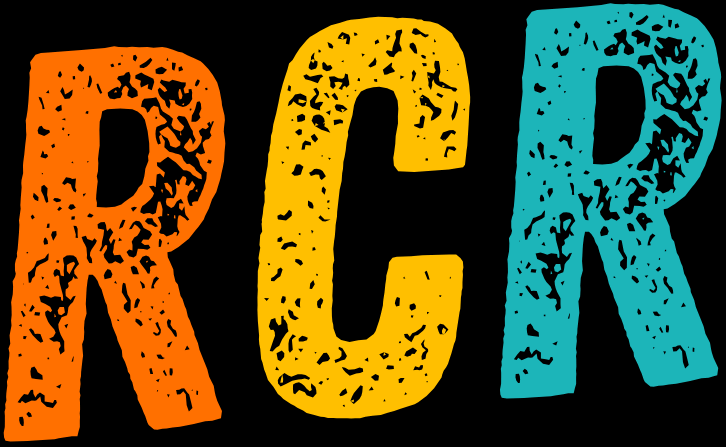Views expressed on Reality Check Radio are the personal opinions of the guests named and do not necessarily represent the views of RCR or any other organisation unless specifically stated.
RCR holds its presenters, editors, and contributors to high ethical, and professional standards.
If you consider that we have failed to maintain these standards or have a more general comment, please share your feedback via our contact form.
Our listeners put their trust in the RCR editorial team and our fact-checking, ethics, and corrections policies are designed to safeguard that trust.
Fact Checking Policy
Accuracy is extremely important and the RCR editorial process has several safeguards in place to ensure accuracy. In today’s hyper-connected world, news moves fast, but that doesn’t mean RCR is willing to sacrifice accuracy.
As Journalists, accuracy is our best defense and most potent means for showcasing the truth in our work. When possible, we reference original sources. Otherwise, a story will cite social media sources or posts, or other news organisations.
Whenever possible, we will avoid anonymous sourcing. However, if important information cannot be reported through traditional on-the-record channels, we will attempt to independently verify information from anonymous sources to a very high degree of confidence. Authors that wish to use anonymous sourcing must reveal the identity of the anonymous source to the managing editor.
We try to identify the source of each fact we cover. When a piece of content is subjective in nature, we mark it as such — as either a Commentary or Op-ed — so the reader understands the piece is based partly on the author’s opinions.
When the fact-checking policy is not met and an error occurs, we will issue a correction. See our corrections policy below for more information.
Ethics Policy
RCR is a values-based broadcaster and our ethics are centred around the virtues of integrity, honesty, transparency, and independence.
RCR strives to ensure that subjects of our shows are treated fairly and objectively. As such, we will not run a show that paints any person or organisation in a negative light without giving that person or organisation a reasonable opportunity to comment. Generally, this means at least one business day. There are two exceptions to this rule:
- When the subject of the topic has already released a full statement — or declined to make such a statement — to another reputable news organisation, and
- During the course of a breaking, time sensitive news topic about a matter of immediate importance, e.g., an active shooter situation. In the case of exceptions, the reporter shall work diligently to obtain a comment or statement from the subject of the story as soon as possible.
We do our utmost to ensure that all quotes are presented with 100 percent accuracy and fairness and are never deceptively edited to omit relevant context that might change the news significance of the story.
Regarding aggregation of a new story, RCR credits the source(s) of the original story by explicitly naming them. To the greatest extent possible, our reporters are expected to consult original source documents rather than other media reports in order to ensure that we are not recapitulating errors that may exist in the reporting of other outlets.
When a conflict of interest could arise, we either work to assign the story to mitigate the conflict or where it cannot be mitigated, we disclose that conflict in our content with an editor’s note.
RCR has a zero-tolerance policy for plagiarism and treats plagiarism allegations very seriously.
Corrections Policy
When necessary, corrections will be made expeditiously and with full transparency.
Typos that make it through the editorial process may be corrected without an editorial note only to the extent that they do not change the meaning of the story.
Typos that do change the meaning of the story (for instance, a typo in the spelling of the name of a person mentioned in a story or that changes the meaning of a sentence) will be corrected with an editorial note at the bottom of the piece.
Any fact requiring correction or modification that changes any significant aspect of the story should be corrected with an editor’s note at the top of the story that sets forth, in as much detail as is necessary for fairness and accuracy, what has been changed in the story and why. In such cases, the title should likewise be changed and “(UPDATED)” added to let readers know that a significant correction has been made.
In some cases, a correction will be required that is so central to the story that fairness demands that the entire story be removed. In that case, the entire text of the story should be removed and replaced with an editor’s note that explains what the original story stated, why RCR no longer can stand behind it, and an apology to all persons who may have been negatively impacted by the story. We will never intentionally leave a dead link to a story.
If you feel that RCR has made an error or have a more general comment, please make your feedback known using this contact form.
Ownership and Funding
RCR is owned by a private company. It is funded through benefactors, advertising, merchandise and subscription revenue.
